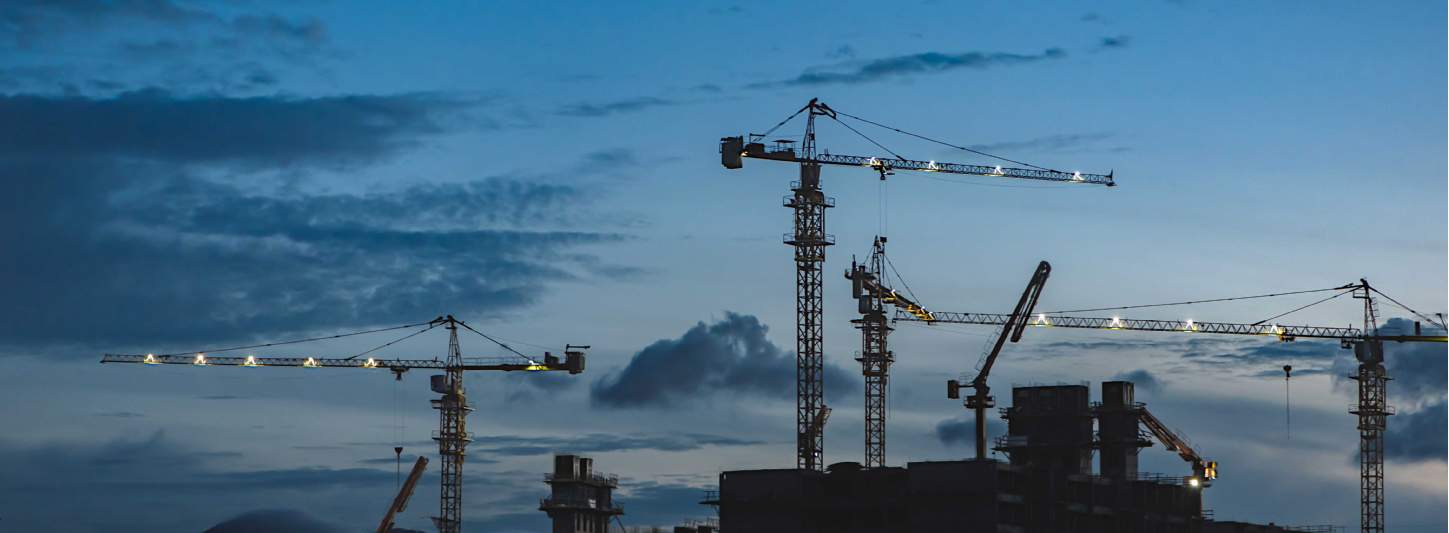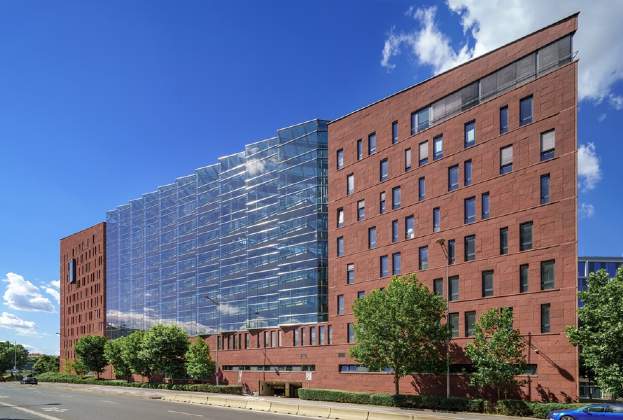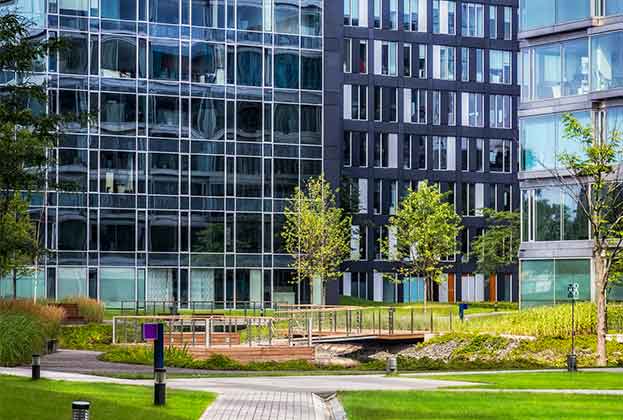As the founder of one of the Czech Republic’s leading developers Passerinvest Group, Radim Passer is a man who is listened to when he speaks. So when he complained in an interview recently that the surge in costs means the construction industry here is undergoing “gradual suicide”, it caused a stir. How serious is the problem?
In the interview with aktualne.cz published on 26 May, Passer said the Czech Republic is seeing an “extremely dangerous” rise in construction prices. While between 1996 and 2016 the average price of construction work per square metre for office buildings remained virtually unchanged, over the past two years it has risen by 50 per cent, he claimed.
Savills research backs Passer’s assertion that costs are rising fast. Compared with the reduced construction cost levels seen in 2011-12 following the global financial crisis, we estimate that costs have since risen roughly 40 per cent, meaning Passer’s view is not far off our own. By our calculations, the cost per square metre of shell and core construction plus fitout of a large office building (above 50,000 square metres) in the Czech Republic is now €1,510.
The above is the real-world rise seen in the market cost of construction work, ie. the final price arising out of completed tenders for work. Figures from the Czech Statistical Office (CZSO), which do not fully take into account the actual market situation, also show rising costs, though not to the same degree since these “real construction costs” are largely theoretical. According to the CZSO, between 2012 and 2015 real construction costs for office buildings hardly budged, but between 2016 and 2018 they jumped 6.5 per cent. The predictions are for increases of 6.5 per cent in 2019 and 4.7 per cent in 2020.
WHERE ARE THE WORKERS?
If surging construction costs are a fact, the question is why. Passer put the blame squarely on the lack of available workers, even as the construction sector continues to boom. He claimed that about 7,500 construction workers retire from the sector every year, yet they are not being replaced.
There is certainly a labour crisis brewing in the Czech Republic. Eurostat said the unemployment rate in the 28-member EU in June was 6.3 per cent, with the lowest level recorded in the Czech Republic at 1.9 per cent. The Czech Labour Office said the number of jobseekers in June fell below the 200,000 level for the first time to 195,723, even as the number of open job vacancies rose to 342,510.
The construction industry is being particularly hard hit. The Czech Confederation of Industry said the number of masons and flooring installers fell by 40% between 2005 and 2015; the country now lacks an estimated 300,000 skilled workers in various trades, with masons, electricians and flooring installers the most in demand. In May, the CZSO said the average registered number of employees in construction in May grew by just 0.3% from the year before.
Inevitably, this lack of skilled construction workers is pushing up labour costs while causing the quality of work to decline. The CZSO said the average gross monthly nominal wage in construction increased by 8.9% year-on-year in May. The demands for higher wages come at a time when materials costs are also beginning to soar, which is squeezing the margins of developers across the industry.
BEYOND BORDERS
Passer and other experts say the solution is to bring in more construction workers from “culturally related countries such as Ukraine”. He pointed out in the interview that Poland has issued 1.5 million work visas for workers from Ukraine, compared with just 100,000 by the Czech Republic. The Czech Chamber of Commerce has calculated that issuing another 40,000 work visas for Ukrainians would cost CZK 100 million, but Passer argued this would bring in CZK 10 billion to the economy each year.
The problem for the Czech Republic is that it is competing for such workers with other countries in the region which are also experiencing construction booms. Hungary is set to have the fastest construction growth in Europe through next year, with Poland not far behind. That should mean the Czechs need to spread the net wider for new workers into Asia, countries such as Vietnam, though this conflicts with the rising antipathy in the country to large-scale immigration.
The effect of all this is that it is becoming harder and harder to get contractors to even submit bids for tenders, because they are all super busy with enough well-paid work and are only willing to accept high-margin jobs to fill capacity gaps. When they do submit bids, the prices quoted are unacceptably high. This is deforming the market and, in my view, will cause it to slow eventually, if not quite commit the “gradual suicide” that Mr Passer described in the interview.


.jpg)


.jpg)


(1).jpg)
(1).jpg)
